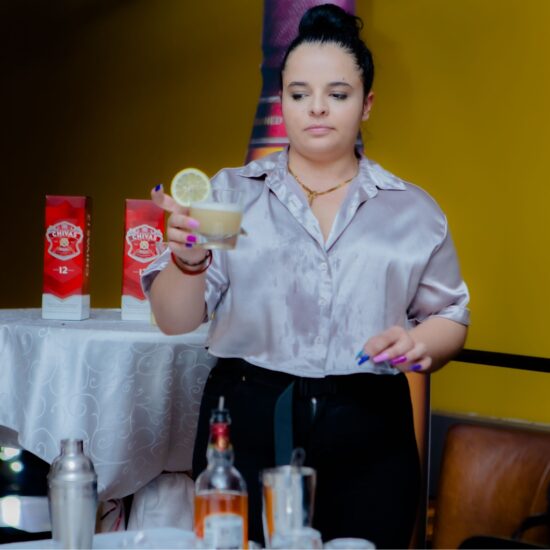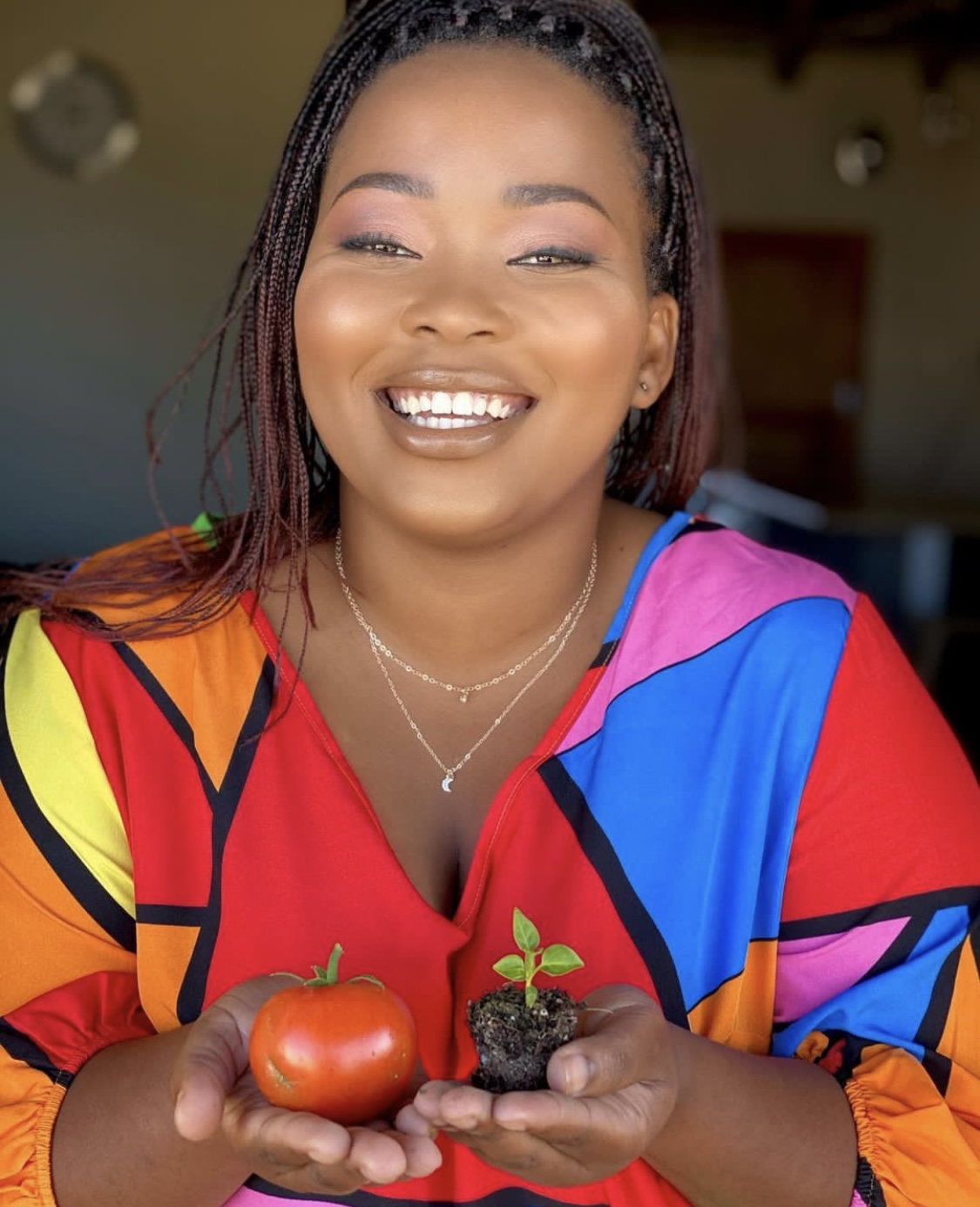
Women In The Alcohol Industry – Meet Scotch Whiskey Nikki
- 4 min read


Dear foodies,
From first-hand experience, I know that as a young African food entrepreneur, you have to perform three times better than any other person. I saw that in kitchens when I started working in the food industry in 2017. We were always the line cooks/chefs, never the operators or head chefs.
The treatment of black women in the food industry is ironic because, historically, black women have played a significant role in shaping African culinary traditions and cuisine, even in the diaspora. We have passed on this knowledge from generation to generation.
The lack of representation and opportunities for black women in the food industry is problematic. It perpetuates historic and systemic inequalities and biases in the industry.
Some of the barriers black women in the food industry face include:
So, how can young Black entrepreneurs overcome these barriers? My next guest chats about her journey in the space, the barriers she’s faced, and how she overcame them. Read on for her insights and lessons.
Shaping the future: A chat with Onezwa
eMandulo (transl. “life as it used to be”) is a South African company that produces homegrown, handmade condiments and seasonings. I spoke to the founder, Onezwa Mbola to hear about her journey and the insights she’s gained along the way.
Questions:
#1 Tell us about your background and how you got started in the food industry?
I’m a former Marine Navigator born and raised in a coastal village along the Eastern Cape’s Wild Coast. My family raised livestock, foraged for fresh seafood, and grew our own vegetables.
My mother was an excellent cook and when she passed, I wanted to recreate the food that she made for me. So I started teaching myself how to cook, sharing my food and recipes on social media, and gained my following.
#2 Describe some of the unique challenges you faced as a young black entrepreneur in the African food industry.
The biggest challenge was distribution. I had no information on how to get my products onto the shelves of stores around the country.
I live in an isolated rural village so getting my products to customers was the biggest issue. After asking around from other small business owners on social media, people suggested cheaper and more reliable alternatives.
The second challenge was that because we used recyclable glass containers, we experienced a lot of product breakage in the beginning. This meant having to resend orders at our own cost. After investing in quality packing materials, we significantly reduced breakage.
#3 What strategies did you use to secure financial support and resources for your business?
My business is 100% self-funded. This is because when I started, information about funding and grants wasn’t and still isn’t as accessible as it should be. Today, I still knock on doors for funding to grow and expand my business.
A lot of the challenges I faced and still face are usually overcome by asking questions. I’ve approached other business owners who have been in the industry longer than I have for advice, suggestions and assistance.
I don’t know much but there are people who’re always willing to help if you just ask. I also read and research a lot about marketing and business strategies. As the owner and sole employee in my company, I must acquire different skill sets to ensure the business runs smoothly.
#4 Can you share some examples of how you incorporated traditional and cultural elements into your food business?
Our products are made using ingredients I’ve grown or foraged in my village.
It was important for me to honour my ancestors by using the land that they worked on with the utmost respect, and that’s why our range follows the natural season. We only use produce that is in season to ensure freshness, but we also amplify how life used to be, as our slogan says.
As a company that promotes sustainability and taking only what we need from the earth, we encourage customers to reuse our packaging, as it was in the olden days.
#5 How have you managed to expand your business beyond your local market and access the global market?
Through the power of social media. All our products are marketed using creative storytelling with easy home recipes, and people want to experience that.
They want innovative, homegrown food free of chemicals and pesticides that nourishes your body.
We’ve expanded our business by offering customers something unique and nostalgic.
#6 How do you see the African food industry evolving in the future?
Over the last few years, there has been a growing interest in using African indigenous ingredients. I think that is something that will continue and lead us to invest in our own farmers, food producers, and restaurants.
The COVID lockdown also inspired many people to start gardening, and I think the future will be more about what we produce than what we import.
#7 Can you share some advice for other young black entrepreneurs who want to start a food business?
My advice is to make food that tells your story because making something you’re passionate about will distinguish you from other businesses and help people taste your story.
Also, do your research. There are many things you will learn along the way, but understand how you will accomplish your business goals — and don’t let fear hold you back.
#8 Can you share with us any future project you are working on?
I’m currently writing a cookbook to be published this year under Blackbird Books, which shares my story through recipes.
We’re also working on getting eMandulo products into stores nationwide for easier access.
Honouring traditions and supporting local communities
Addressing the challenges facing Onezwa and other entrepreneurs like her will require a holistic and multi-faceted approach that takes into account economic, social, and environmental factors, and that is grounded in sustainability and social justice.
Our industry must consider the power of storytelling and creating unique products.
Highlighting the stories and traditions behind ingredients and products helps create a deeper customer connection and supports and promotes local producers.
Visibility for people who look like us in the food industry
As a food expert and writer, I’ve explored the topic of indigenous ingredients and the importance of supporting local producers in the food industry.
One aspect of this conversation that I believe is often overlooked is the visibility of people who look like us in this industry.
The reality is that the food industry has long been dominated by a narrow group of individuals, and limited representation has profoundly impacted the way indigenous ingredients and local producers are viewed and valued.
It is only when we see ourselves represented in the industry that we can truly understand our potential contributions to the culinary landscape.
This will help to inspire future generations to pursue careers in the food industry and push for greater representation in this space.
In health and good business,

Chef Lee
If this issue resonated with you, feel free to share it with someone who would find it useful!
If you are looking for expert food styling and recipe development services, visit www.goodfoodstudioza.com to learn more about our services and how we can help you create successful recipes that are delicious and marketable.
Contact us today to discuss your recipe development needs and take the first step toward creating successful recipes that will delight your customers.


